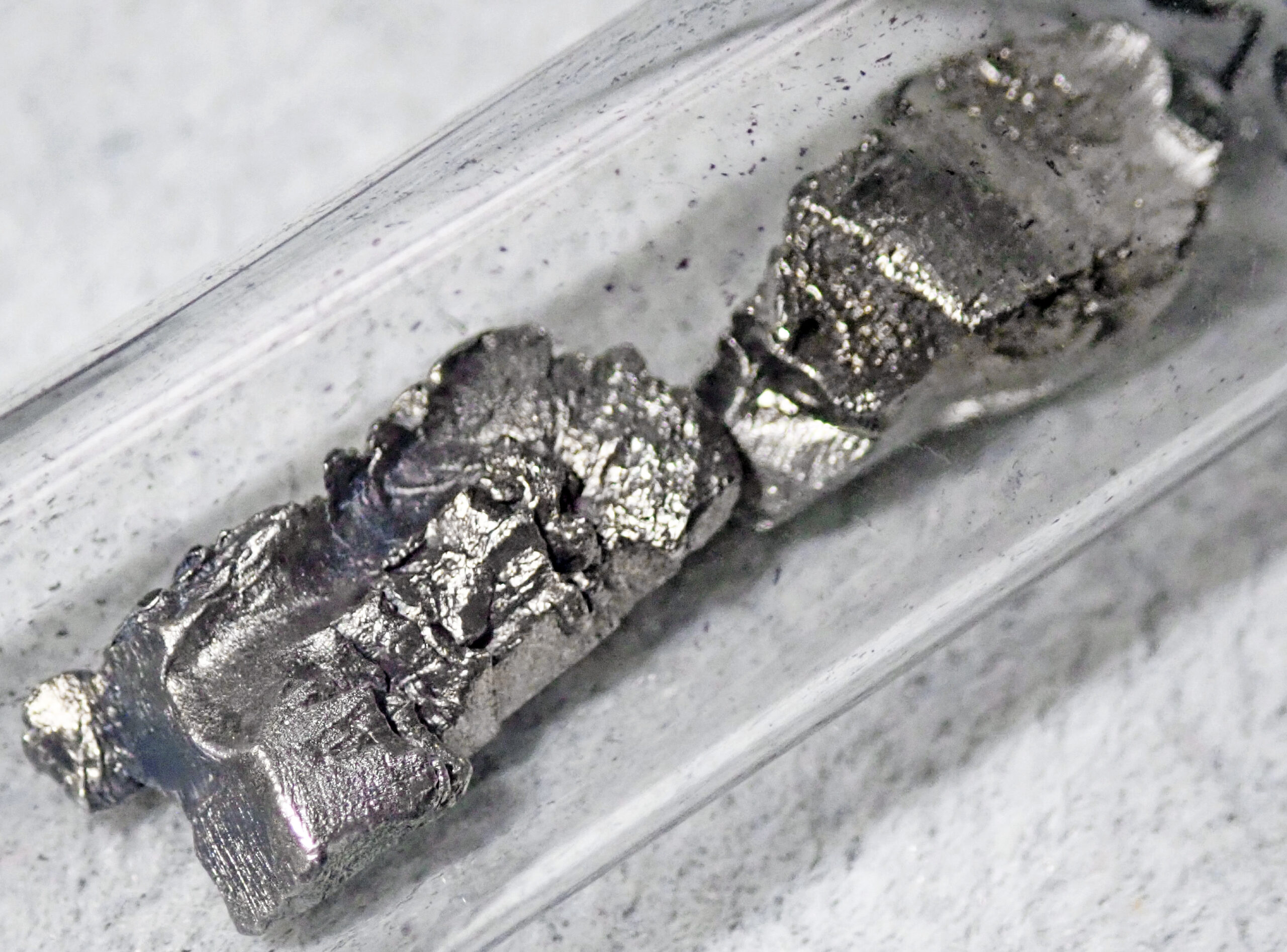
China has tightened its export controls on rare earths and other materials critical for advanced technology manufacturing as trade negotiations continue with the U.S. Beijing processes roughly 90% of the world’s rare earths, which are vital components in a massive range of products, from solar panels to smartphones, making this control a key bargaining chip ahead of an expected meeting between Chinese leader Xi Jinping and U.S. President Donald Trump later this month.
Formalizing Strategic Restrictions
The announced regulations formalize existing restrictions that previously targeted processing technology and unauthorized overseas cooperation. Under the new rules, foreign companies must obtain Chinese government approval to export products that contain even small amounts of rare earths and must explicitly explain their intended end-use.
The Commerce Ministry also announced similar restrictions on the export of lithium batteries and some forms of graphite, which are also essential components in the global tech supply chain and are largely produced in China. Beijing stated that the regulations are intended to “safeguard national security.” One of the primary targets of these controls appears to be overseas defense manufacturers, including those in the U.S., who are heavily dependent on rare earths from China.
The new rules clarify that licenses are unlikely to be issued to arms manufacturers and certain companies in the chip industry. Furthermore, the technology used to mine and process rare earths, or to make magnets from them, can only be exported with government permission. Chinese firms are also prohibited from collaborating with foreign companies on rare earth projects without state authorization. The announcement specifically details restricted technologies and processes, including mining, smelting and separation, magnetic material manufacturing, and recycling. Exports related to the assembly, debugging, maintenance, repair, and upgrading of production equipment are also prohibited without permission.
Mirroring US Trade Tactics
These new regulations create Beijing’s version of the rules the U.S. has used to block countries from selling chip-making equipment to China. The U.S. has used those measures to slow China’s development of powerful chips intended for artificial intelligence (AI) with potential military applications.
Trade expert Alex Capri believes China’s new regulations “are specifically timed” ahead of the anticipated Xi-Trump meeting. He added that Beijing is targeting key vulnerabilities in U.S. electronics and weapons manufacturing, mirroring America’s earlier moves against China’s semiconductor industry. The imposition of these controls follows an initial move in April when China first added several rare earths and related materials to its export control list, which had previously caused a major global shortage. The tightening of controls now could have a major impact in the U.S., which possesses a significant rare earths mining industry but lacks sufficient processing facilities.
Rare earths are a group of 17 chemically similar elements crucial to the manufacture of many high-tech products. Although most are abundant in nature, they are called “rare” because they are difficult and hazardous to extract in a pure form. Examples include neodymium, which is used to make the powerful magnets found in electric car motors, computer hard drives, and jet engines, making them smaller and more efficient. The International Energy Agency (IEA) estimates that China accounts for about 61% of rare earth production and 92% of their processing, giving it a near monopoly on the supply chain.
Author’s Opinion
China’s decision to formally restrict the export of rare earth technology and materials is a calculated and potent form of economic statecraft, designed to directly counter U.S. semiconductor export controls. By leveraging its near-monopoly on processing and magnet-making know-how, Beijing is demonstrating that it can inflict equivalent strategic pain on U.S. defense and electronics manufacturers, making these materials the ultimate bargaining chip in upcoming trade negotiations. This move is a clear signal that the geopolitical competition has fully expanded from advanced microchips to the foundational raw materials of the modern economy.
Featured image credit: Wikimedia Commons
For more stories like it, click the +Follow button at the top of this page to follow us.
